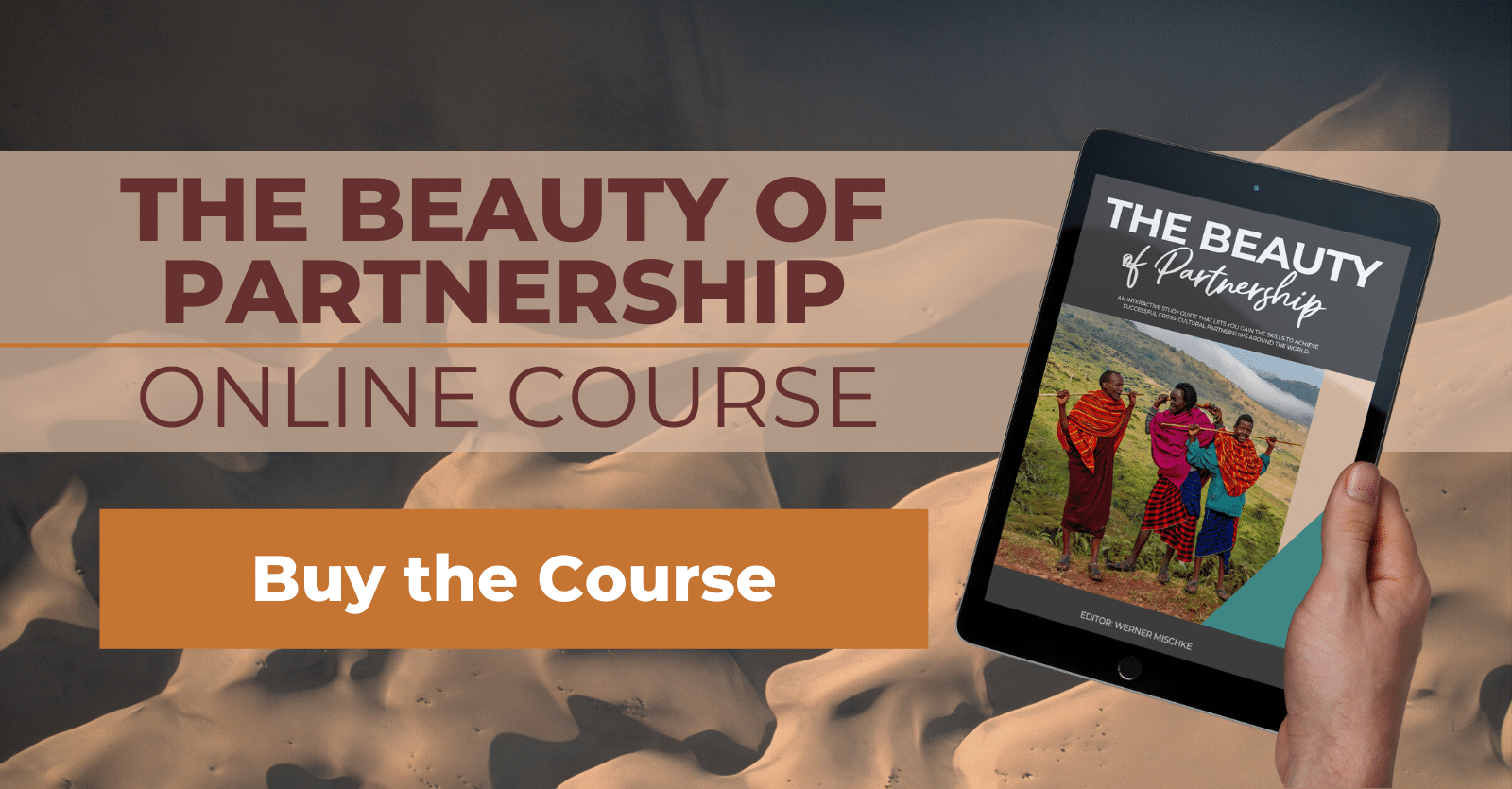by Mission ONE

Many churches across North America seek to share the gospel of Jesus in an international context, proclaiming the good news through good deeds. Cross-cultural work can be one of the most rewarding efforts, but like any work worth doing, it isn’t without challenges. Miscommunication and misunderstanding between partners can cause a well-meaning mission project to create more divide and inevitably fail short of its purpose of serving others for the glory of God.
However, having healthy cross-cultural partnerships causes a positive ripple effect that impacts many communities and future generations. When we collaborate in humility we will see the beauty of the Lord embodied.
It’s our responsibility to be good stewards of the purpose and calling that God has given us and walk into our cross-cultural partnerships with an openness and willingness to learn, adapt, and be transformed ourselves.
Healthy Cross-Cultural Partnerships in Action
At Mission ONE, we’re honored to have spent decades building quality relationships with global partners, learning from mistakes, and moving forward in humility with a commitment to do better.
Over the years, we’ve collected vital learning and observations about the best way to execute healthy cross-cultural partnerships. One example comes out of our work with Mission ONE partners in India.
Agriculture is one of only a few industries that has continued to grow and flourish despite global shelter in place orders. As thousands of migrant workers became stranded in India, our partners found a solution to multiply their impact. They cultivated an empty plot of land and offered migrant workers shifts to plant and harvest crops.
By training those in their community they have paved the way for this successful venture that has now blessed more than 500 people through being part of building, maintaining, and working the farm. Churches are being mobilized and the Lord is moving and hundreds of thousands are being cared for across India.
The farm project remains operational today, and after a few cycles of harvesting and selling the vegetables they have grown, the community has brought in profits upwards of $3,600 selling their locally-grown organic vegetables. That ability to earn money and care for their own families is an amazing testimony of God’s love and grace, and Mission ONE is thankful for our partnerships across the world, which allows us to engage in work to restore all of creation to be more like the Kingdom.
These are just a few examples of how intentional, healthy, and Godly cross-cultural partnerships can create transformation.
It All Starts With Listening
For a healthy cross-cultural relationship to develop, we must allow ourselves to use an empathic way of listening (listening with the heart). When we do this well, we are telling the other person that we have a higher level of commitment to the partnership. It says: “I care, and I am here—with an open mind, in an effort to understand your perspective without imposing my opinion.”
Listening honors and supports the other person and is fundamental in world missions. It can be a long journey, but listening well can lead to a deeper understanding, more informed prayer, better collaboration, more passion for the mission, and sometimes even more funding. More than that, it can lead us to surprising opportunities as we work together to make the world more like the Kingdom of God.
Preparing for Cross-Cultural Ministry
Just as listening is crucial in making the world more like the Kingdom, it’s not the only element to consider in preparation for a mission trip, or a new partnership across the globe.
Taking time to understand the cultural context you’re going to be working in will help equip you, because the truth is, those great ideas that work in your culture may not work well in other cultural contexts. We want to recognize the value of every person from other cultures and how God has uniquely gifted them, and allowing open communication to take place creates a foundation of trust. We are then able to see what our partners bring to the table, and work together to accomplish what God wants us to do, in unity.
At Mission ONE, we’ve spent over 30 years learning to listen, being humble, working with integrity, and learning from our many indigenous partners, and we want to share that knowledge, skills and attitudes in order to ensure that your mission trip, or new partnership honors the people you hope to serve.
We’ve found that there are three core components to executing health, God-honoring, cross-cultural partnerships. They include:
- Godly Character
- Cultural Intelligence
- Organizational Competence
The Beauty of Partnership course from Mission ONE covers all three areas in depth and has now been adapted from a study guide into an immersive digital course, making this globally-endorsed material available to more people for the glory of God!
Our course incorporates proven methodology and biblical resources to create a firm foundation for successful cross-cultural partnerships within the context of the church. This course has helped, and impacted many people from all over the world, and we are thrilled to be able to make it available to many more who are embarking on the journey.
The bedrock for beauty in partnership is following Jesus in humility, for the glory of God.
“The Beauty of Partnership is the best resource I’ve used to prepare intercultural mission team leaders. If you aspire to extraordinary partnerships or just want to process the ups and downs of your mission journey, the Beauty of Partnership is for you. The Beauty of Partnership lets scripture and the wise counsel of experts act as a sounding board for your own experience. It will foster rich group discussion, aha moments, and provide practical skills and competencies for intercultural service.”
– Dave Hunt VP International Operations, Partners International Canada
Search the Blog
Free Resource

3 Ways to Honor God on Your Next Mission Trip
We're sharing three things you should consider before you organize or participate in an international mission trip, seek to do work in the multicultural neighborhood in your own city, or embark on any cross-cultural partnership.


